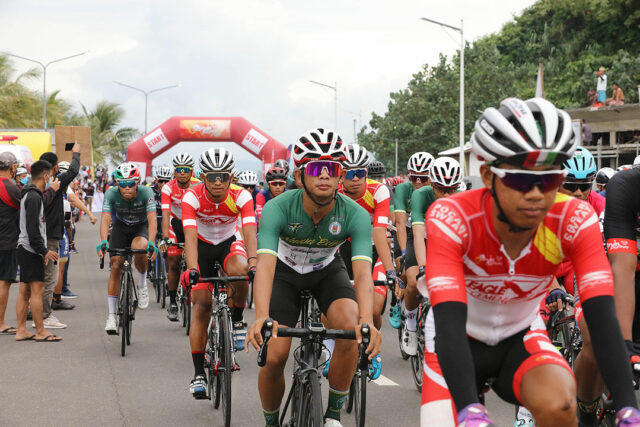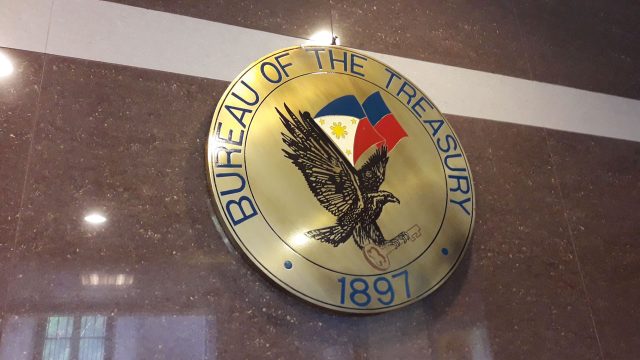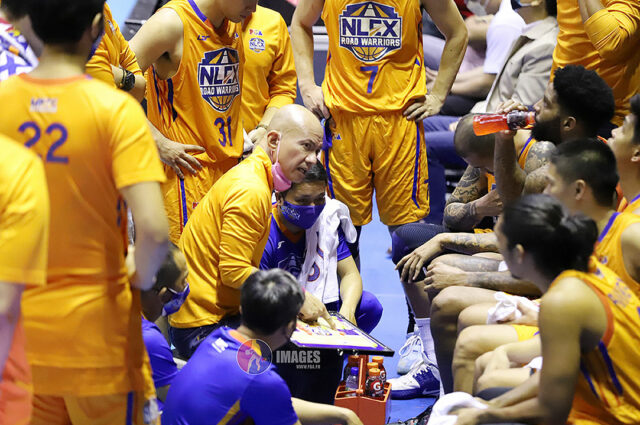LBC Ronda Pilipinas returns to South next year
BAGUIO CITY — The LBC Ronda Pilipinas is going back to Visayas and Mindanao next year after a memorable 11th edition that was ruled by new millionaire king Ronald Lomotos of Navy Standard Insurance.
“We’re happy to announce that there will be a Ronda Pilipinas next year and LBC is targeting Visayas and Mindanao as venues,” said LBC Ronda Pilipinas executive project director Bernadette Guerrero in Sunday’s awarding rites hosted by city Mayor Benjamin Magalong at the Baguio Convention Center here.
It marks the first time the annual race will go to Mindanao since holding a five-stage leg from Butuan to Cagayan de Oro six year ago.
Ronda’s last sortie in the Visayas came three years back — a five-stage, UCI-sanctioned edition that started in Iloilo and wound up in Antique.
There were initial plans to hold its 10th anniversary race two years ago but it did not come to fruition.
But next year, expect a smashing return to the South by Ronda.
Meanwhile, Ronald Lomotos and his powerhouse Navy Standard Insurance squad are looking forward to defend their individual and team crowns next year.
“After a break, we hope to return to training to prepare for 2023,” said the 27-year-old Mr. Lomotos.
The proud son of San Felipe, Zambales pulled off one of the most shocking comebacks in Ronda history in topping this year’s 10-stage race that opened in Sorsogon and concluded here.
Mr. Lomotos came out of nowhere to rule the ninth and penultimate stage, erase the nine-minute lead by teammate and Navy captain Ronald Oranza and snatch the crown.
“The feeling is still unreal,” said Mr. Lomotos.
Navy Standard Insurance, also composed of runner-up and King of the Mountain winner Ronald Oranza, third placer El Joshua Carino, and fourth placer and Best Rookie and Under-23 awardee Jeremy Lizardo.
“The key is training hard and staying disciplined. If we keep that mindset, we’ll have a chance to win again next year,” said Navy coach Reinhard Gorantes. — Joey Villar

















